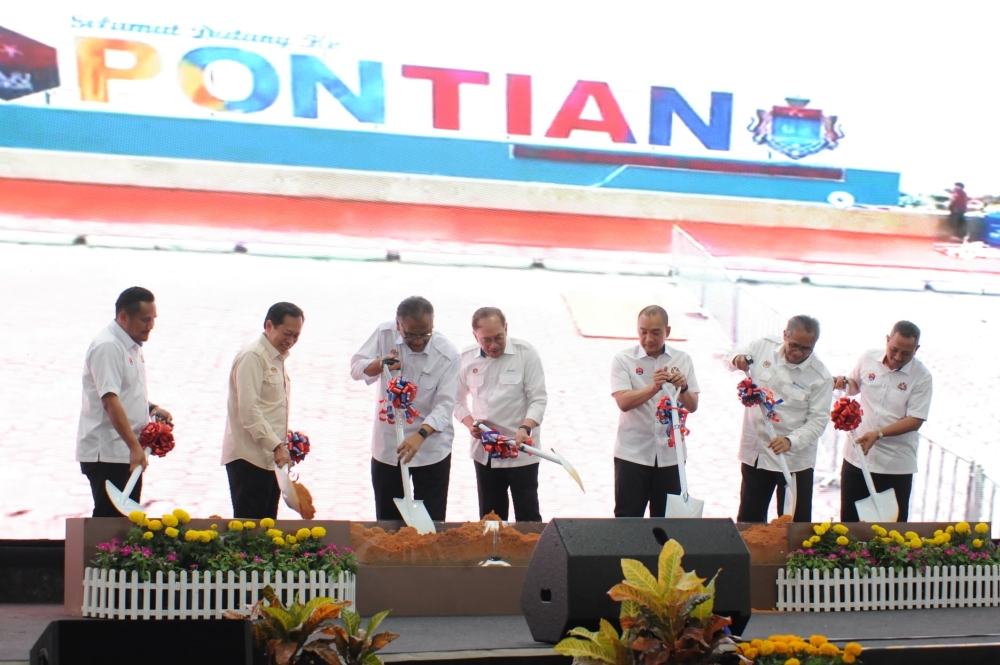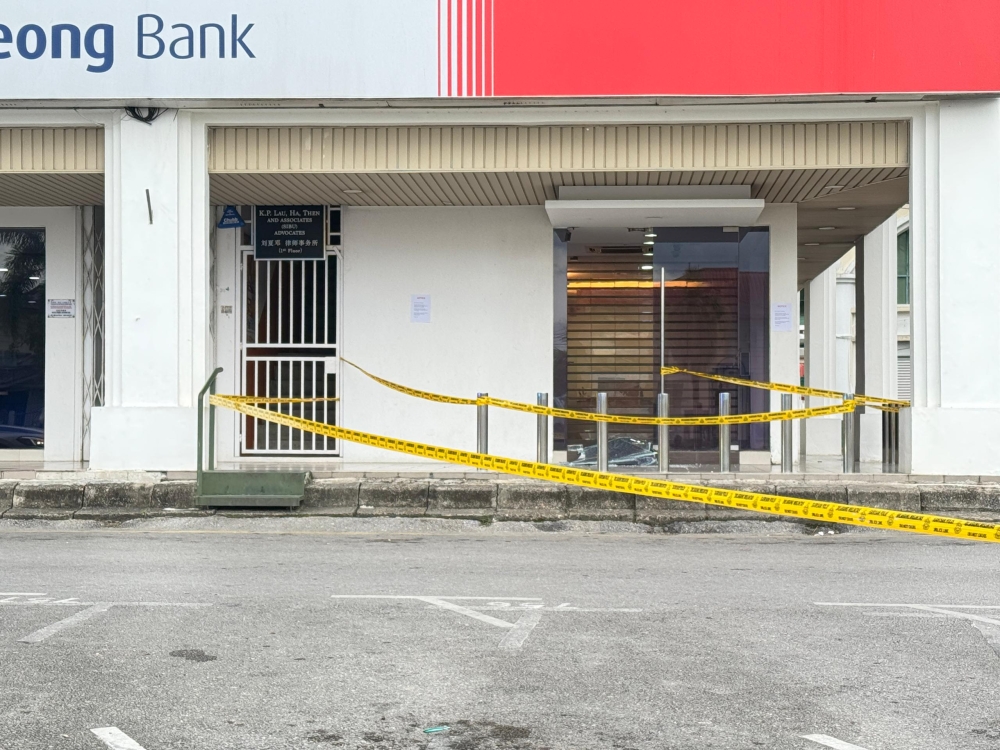NEW YORK, April 27 ― JetBlue Airways shares fell 11 per cent yesterday after the carrier said it will trim its summer schedule to address a series of challenges ahead of what could be a record US travel season as the Covid pandemic recedes.
US airlines are working to aggressively ramp up hiring as they prepare for an expected spike in summer travel demand. Since September, several major US airlines have been forced at times to cancel hundreds or thousands of flights after severe weather disruptions, particularly in Florida.
JetBlue said it is reducing its originally planned summer schedule by more than 10 per cent, and scheduled aircraft utilisation will be down 10-15 per cent from 2019.
JetBlue said it plans to grow capacity 0-5 per cent from 2019 levels, down from its original plan for 11-15 per cent growth. JetBlue cited the impact of surging costs for jet fuel.
JetBlue Chief Executive Robin Hayes told Reuters the new plan builds more flexibility into its schedule after acknowledging the airline “let down” customers and crew members with its performance in April and “we knew we had to do a significant reset ahead of the summer so we can deliver a more operable, reliable operation.”
Earlier this month, the airline cancelled hundreds of flights and saw hundreds more delayed after weather and air traffic controls delays.
“We need to plan for worse attrition than we are necessarily seeing,” Hayes said. “We have to be ready for longer delays.... We need to put buffers across our whole airline.”
JetBlue President Joanna Geraghty told investors yesterday that operations have been slammed by severe weather compounded by air traffic control challenges “particularly across Florida and the Northeast.” In total, 45 per cent of JetBlue flights touch Florida.
The Federal Aviation Administration (FAA) said yesterday it will host a two-day meeting with airlines “to discuss ways to increase the efficiency of the existing airspace structure” around congested Florida airspace.
Delays to Florida flights have been exacerbated in recent months by a higher number of operations in nearby military airspace, more frequent thunderstorm activity and stepped-up space launches, the FAA said. ― Reuters






















